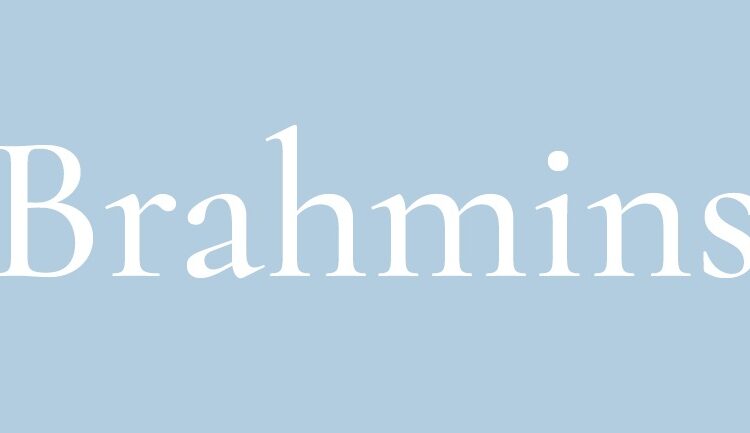Why are Bostonians called Brahmins?

Bostonians are sometimes called “Boston Brahmins” to refer specifically to the city’s old, elite, upper-class families — not all Bostonians. The term “Brahmin” in this context is a metaphor borrowed from the Hindu caste system, where Brahmins are the priestly and scholarly class, seen as the highest social caste.
Why the term was used:
- In 19th-century Boston, some families (like the Cabots, Lowells, and Winthrops) were wealthy, highly educated, politically influential, and culturally dominant.
- These families were often descendants of early English Puritan settlers, and they prided themselves on their refined manners, classical education, and sense of civic duty.
- The term “Boston Brahmin” was coined to reflect their perceived moral and cultural superiority, much like Hindu Brahmins.
The phrase’s origin:
- It was popularized by Oliver Wendell Holmes Sr., a Boston physician and writer, in the 1860s.
- He used it to describe this aristocratic New England class who were seen as the “best” of American society in terms of intellect, values, and influence.
Characteristics of a “Boston Brahmin”:
- Old money
- Ivy League education
- Conservative in taste and politics (historically)
- Involved in philanthropy and the arts
- Reserved, understated behavior (sometimes caricatured as aloof)
In short:
“Boston Brahmin” doesn’t refer to all Bostonians, but to a historic elite class known for wealth, education, and social status—akin to the Brahmin caste in India, but in a cultural and metaphorical sense.
add a comment





